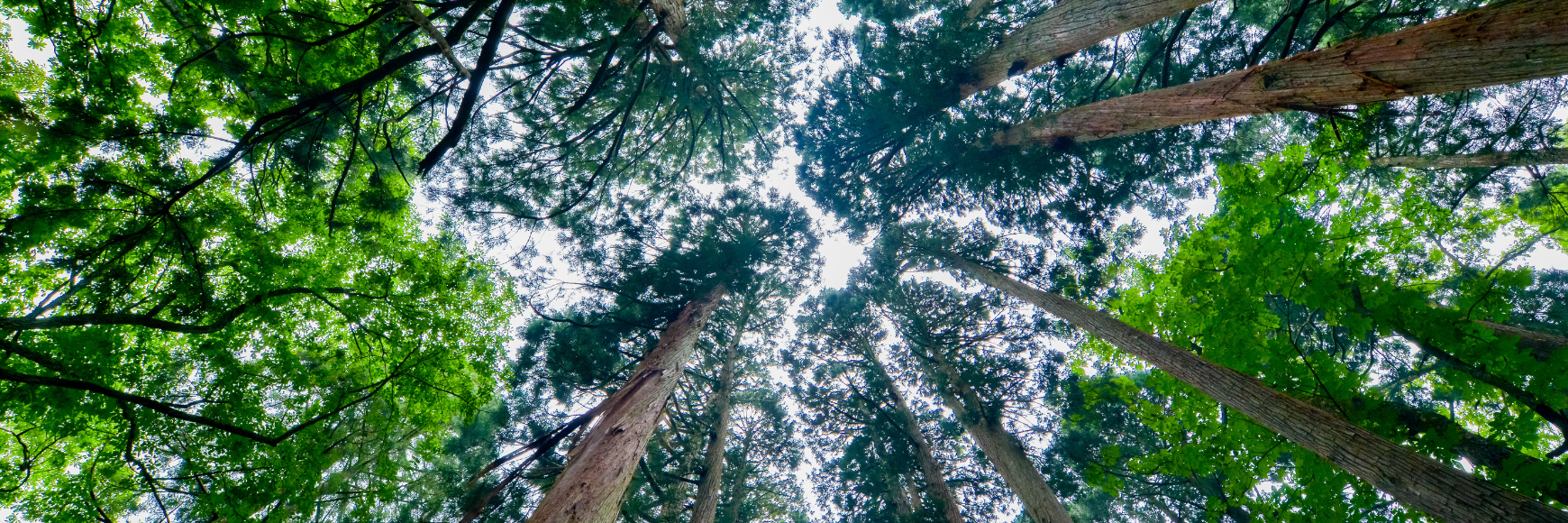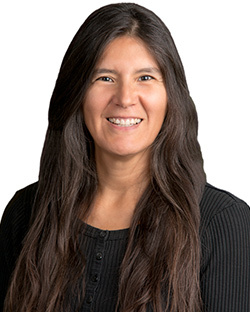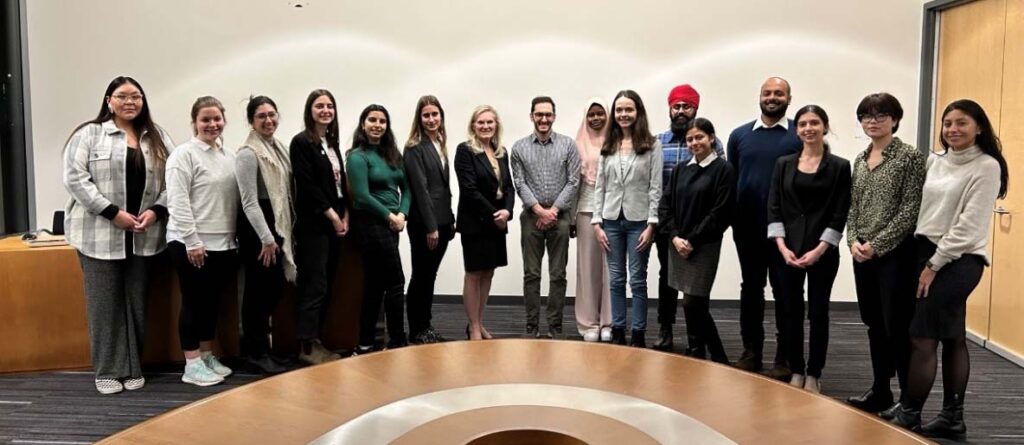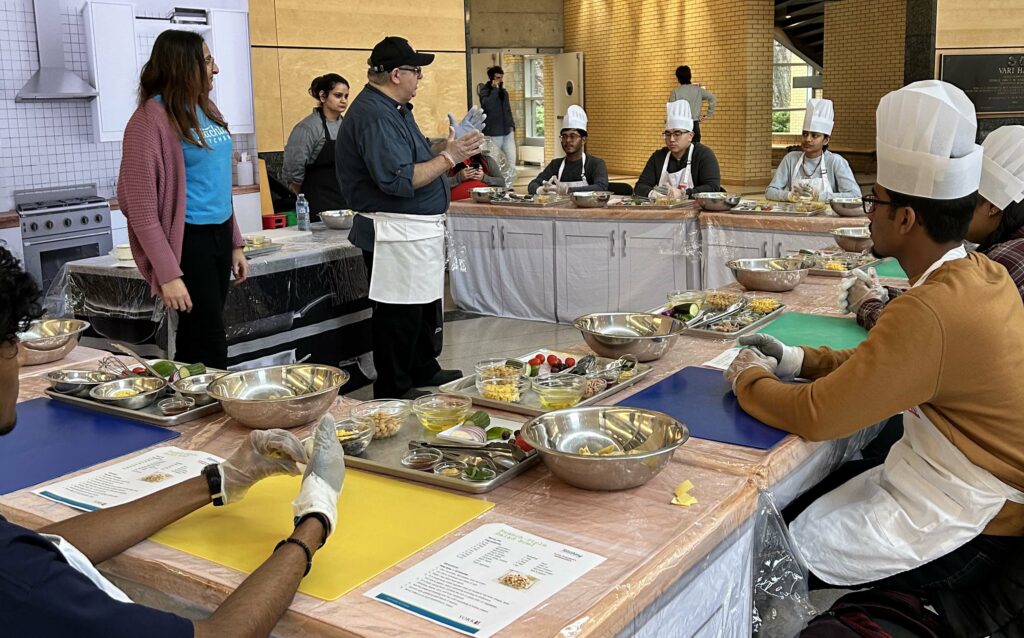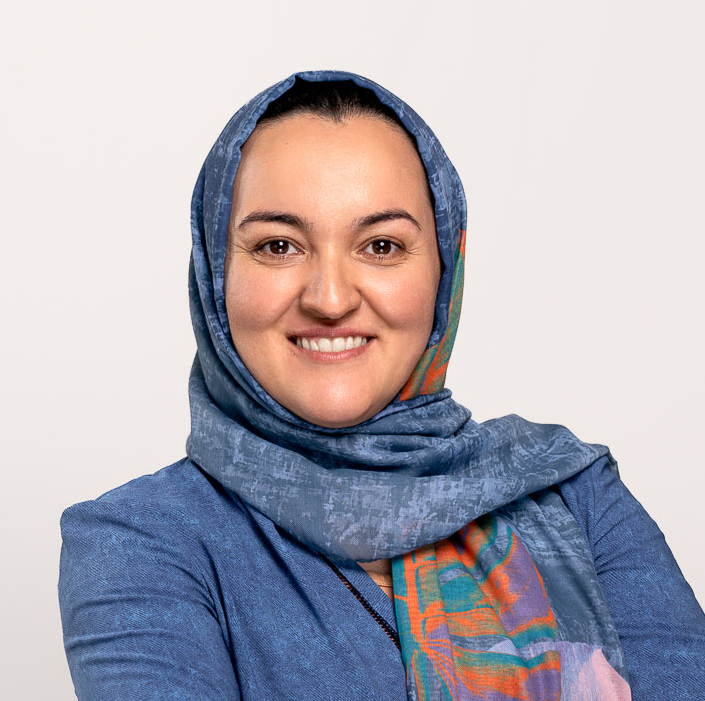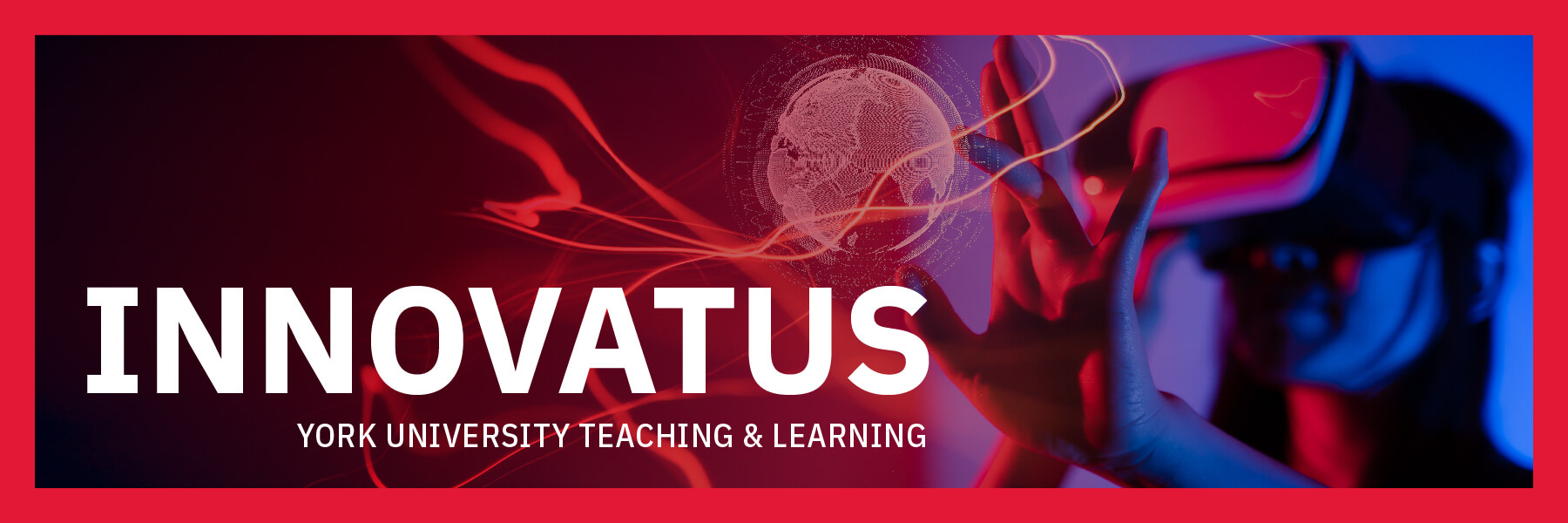York University’s Teaching English to Speakers of Other Languages (TESOL) Certificate program offers students a unique experiential education opportunity: participate in an international teaching practicum in Japan, in partnership with Meiji University, where they can practice teaching in an English immersion program.
Setting teachers up for success when they’re at the front of a classroom is at the heart of every teaching program. York U’s TESOL Certificate program provides a 50-hour teaching practicum that allows participants to observe and apply what they have learned in a range of English language teaching contexts, including internationally. The Meiji University partnership provides a field experience in a global setting and enables participants to explore their new skills while enjoying the rewards of teaching abroad.
This year’s field experience with Meji University took place in March. TESOL students Denise Suarez, Kelvin Luk and Veronica Ward-Bone travelled to Japan where they worked with 50 students and five faculty from Meiji University. They were able to do so through funding support from York International Mobility Award and the Faculty of Liberal Arts and Professional Studies (LA&PS).
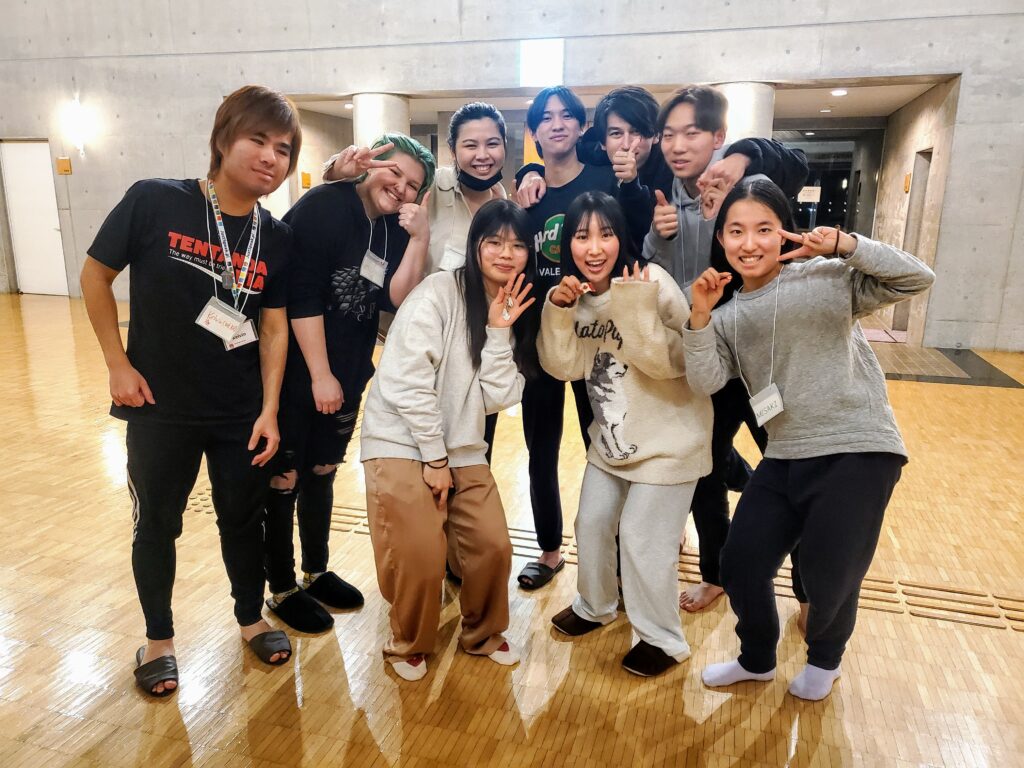
Under the supervision of Antonella Valeo, professor and TESOL Certificate Program coordinator in the Department of Languages, Literatures, and Linguistics of LA&PS, York students participated in a week-long course with formal English language classes led by Meiji instructors.
The York TESOL students helped provide lessons and support, while living together with Meiji students and faculty at a seminar house in a mountain setting just north of Tokyo. Teaching and learning inside and outside the classroom, the experience provided the York students with an opportunity to learn how to run a class, as well as how to support other instructors as teaching assistants.
“Getting to observe the teachers’ different instruction methods and activities, while seeing how the students respond to it in a new context, improved and expanded my own perspectives on teaching,” reflected Suarez.
“It was amazing to see the students’ quick progress in their English proficiency as they became more comfortable talking to us in the new setting,” added Ward-Bone.
“The most valuable things I got out of the trip were the teaching practice in real classrooms and the opportunities to learn about Japanese culture through authentic interactions with Meiji students,” said Luk.
According to Valeo, that is an important part of this opportunity. “This unique international experience helps students broaden their perspectives and experience teaching abroad with personalized support and mentoring,” she says. “For many students, it is a life-changing experience that stays with them long after graduation.”



